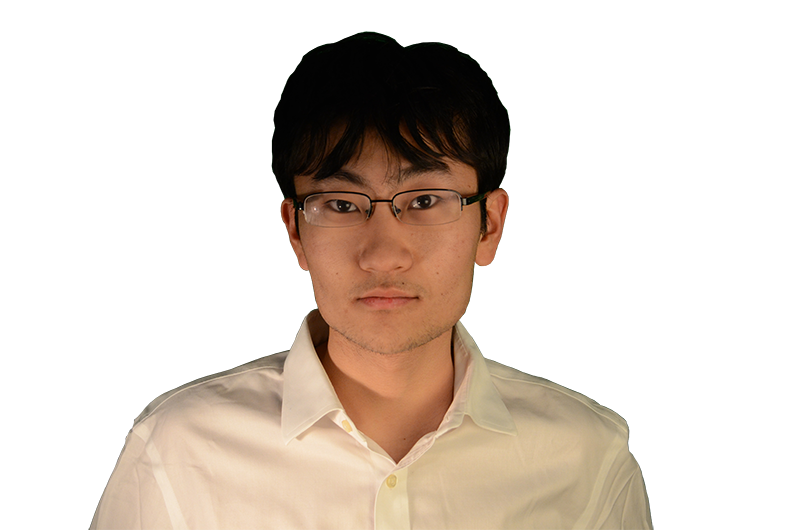Cui: Weinberg distros need revisions
April 22, 2014
Before the University of Wisconsin-Madison snatched her away, Weinberg College Dean Sarah Mangelsdorf waxed poetic about how her school offered “the best of both academic worlds: a nurturing liberal arts experience within […] a major research university.” Like most marketing slogans, some thought will show this is unrealistic. Liberal arts can cover an undergraduate education and require understanding of many disciplines. Each department in a research university trains students to practice the discipline, understand the arcana and pitch how that one discipline is more employable than all others. Something has to give.
The distribution requirements system in Weinberg — two “distros” in each of the six concentration areas — has always seemed to me a rather passive-aggressive compromise. It tries not to interfere with major studies but demands an unusual degree of study in some disciplines. Like any passive-aggressive act, then, the distro system ends up undermining in the long run the liberal arts values it wanted to promote.
There are two angles from which we can argue the current system is inadequate. The first one argues it has failed to guarantee a classic liberal education. The heart of NU academics is the major, the program of study necessary for employment, certainty in life and other things. To defend GPAs from hard major courses, people find the easiest distros and study only what is necessary for a good grade. Equilibrium is reached once everyone shares a ranking of “easy distros” to take. The one way to break the equilibrium — de-listing courses from the distro lists — would run the risk of angering department faculty.
All of this assumes the distro system must compete with the major. This competition is illusory. A liberal arts education complements any particular concentration because it informs conversation outside of a professional bubble. It teaches us to treat dissenting beliefs with a level of respect. The very opposite of that would be someone who completes science distros without any intuition for the scientific method or someone who completes ethics distros without knowledge of debates on the good act. An education like that only leads to groups shouting over other groups, each unable to understand the other.
From another angle, the distro system has created an inequality in liberal arts education. Consider the social sciences. I know too many people who take two quarters of the introductory economics sequence and call it a day, when economics is only a very particular interpretation of social science. Or take the example of the history distress. People will scramble to take the interesting courses on the Holocaust or Great Britain but leave with no new knowledge of interpreting historical documents.
Meanwhile, every credit spent on these courses is one less learning data analysis or one on race and privilege — arguably two more relevant topics to the world today. It is then no surprise that people are tired of the system — because it does not lead them to understand what they do not know but feel is relevant. Without the right lead, we cannot even find strangers with whom to communicate.
Of course, the general education requirements are completely different in the other five schools. I know Medill students have to take a course in only the visual arts, just one in economics and so on. I wish Weinberg would adopt that better specified system. Undergrads would, say, take one course in eight different disciplines—specified disciplines like data analysis, biological sciences or social history. This is already the path taken by schools like Harvard and Stanford. Even better would be a course for each discipline that serves as a comprehensive introduction to that discipline’s methods; they will be large classes, and the mutual desire to score well in them will lead to extracurricular discussion about every discipline.
That is all a bit utopian, and someone is bound to tell me that maybe general education requirements should simply not exist. But we find a way to turn every other activity on this campus into a full-time job; distros are the one time we are incentivized for learning out of curiosity. The system needs to realize its potential.
Tom Cui is a Weinberg junior. He can be reached at [email protected]. If you would like to respond publicly to this column, send a Letter to the Editor to [email protected].


